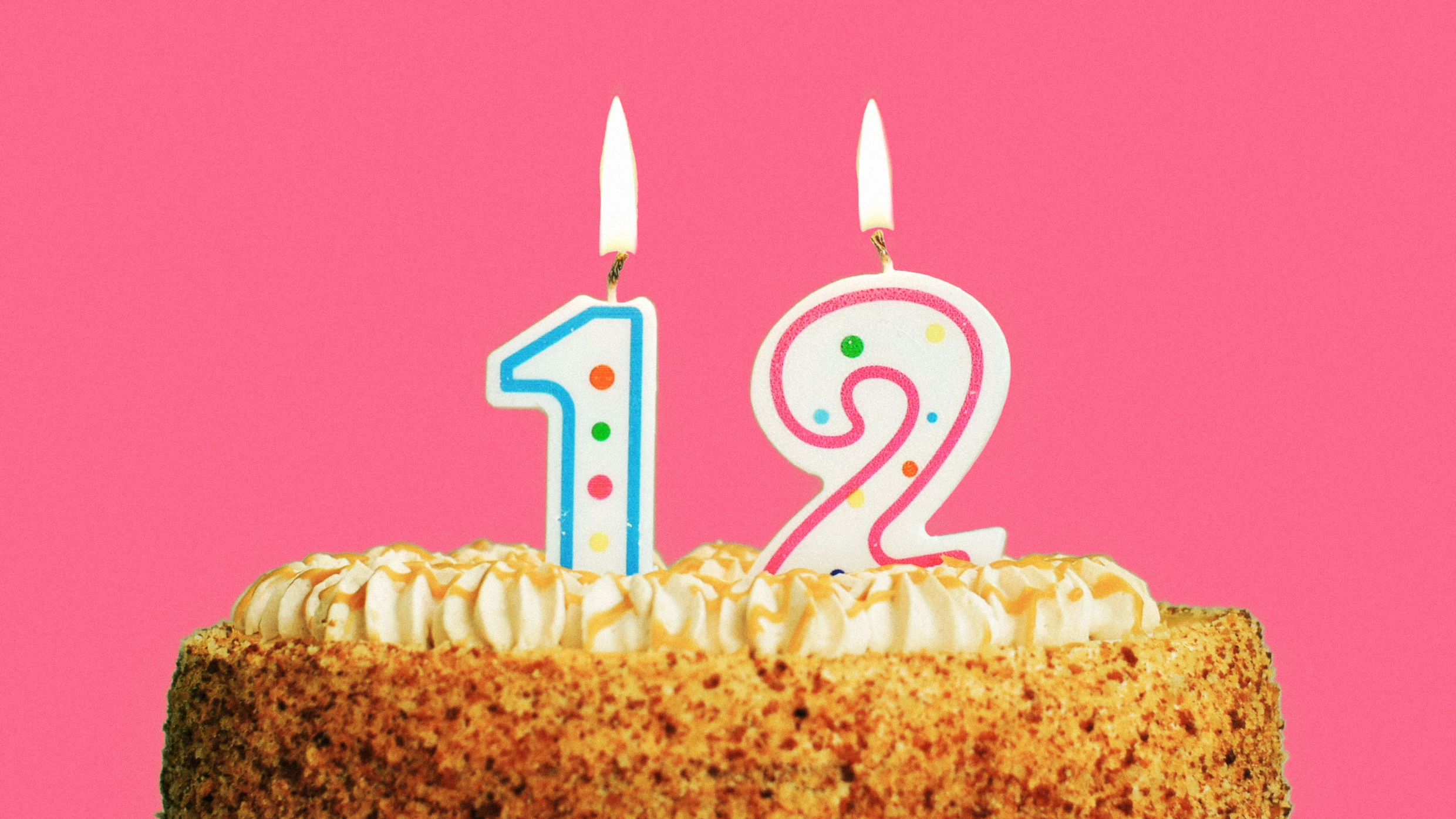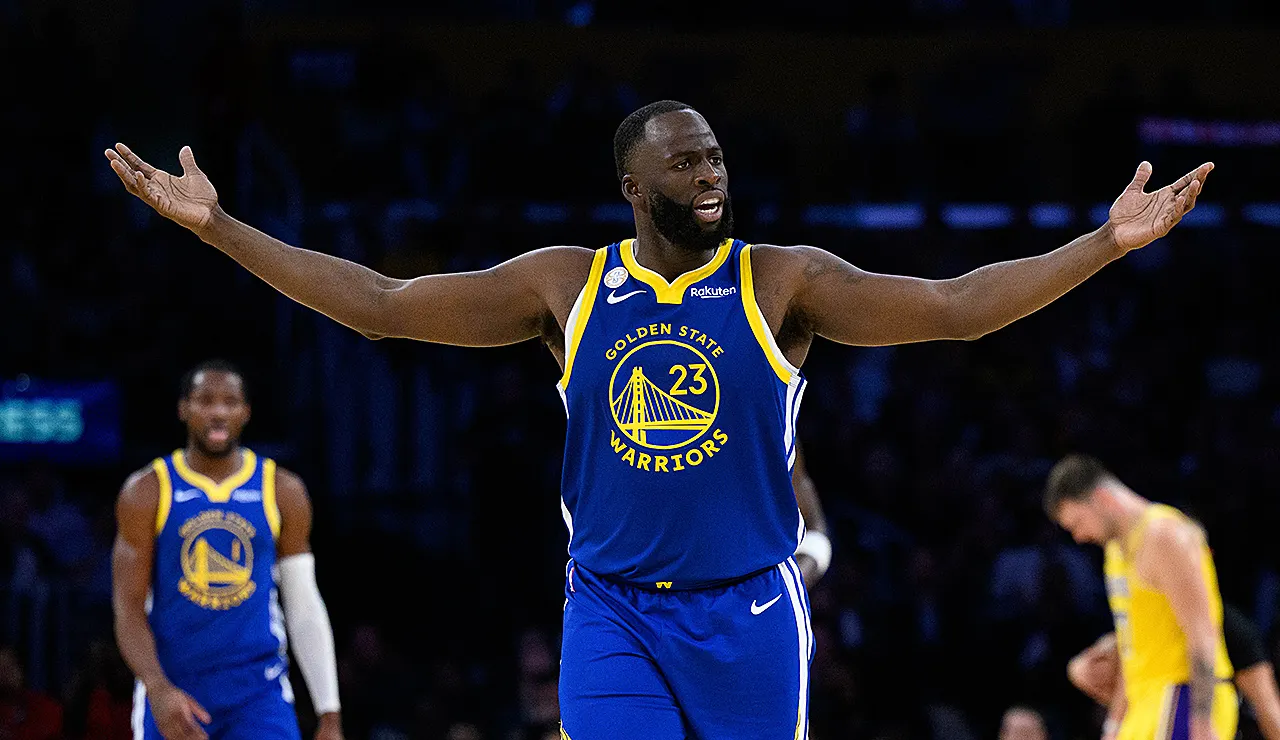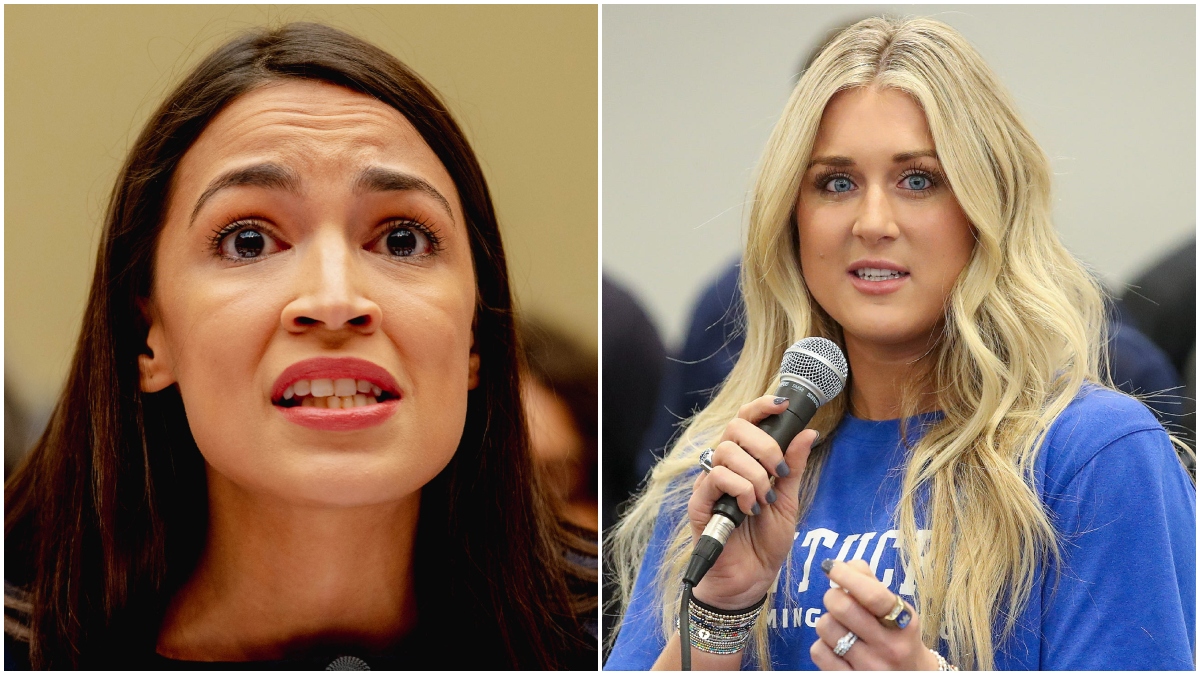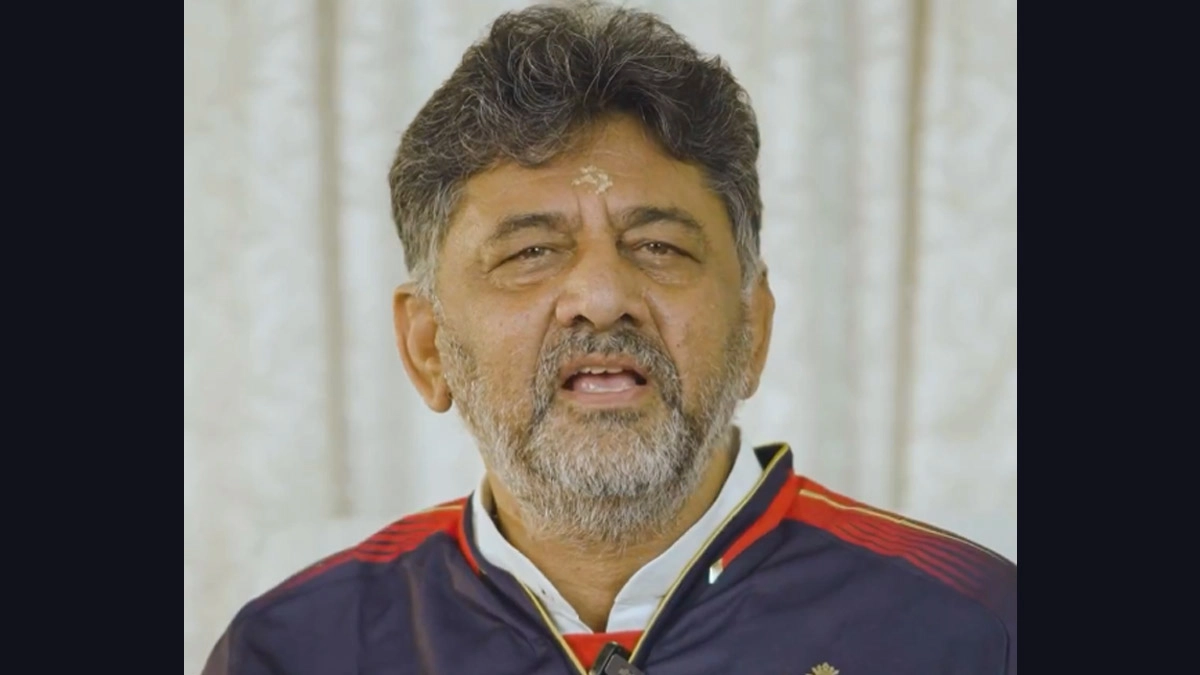Copyright bbc
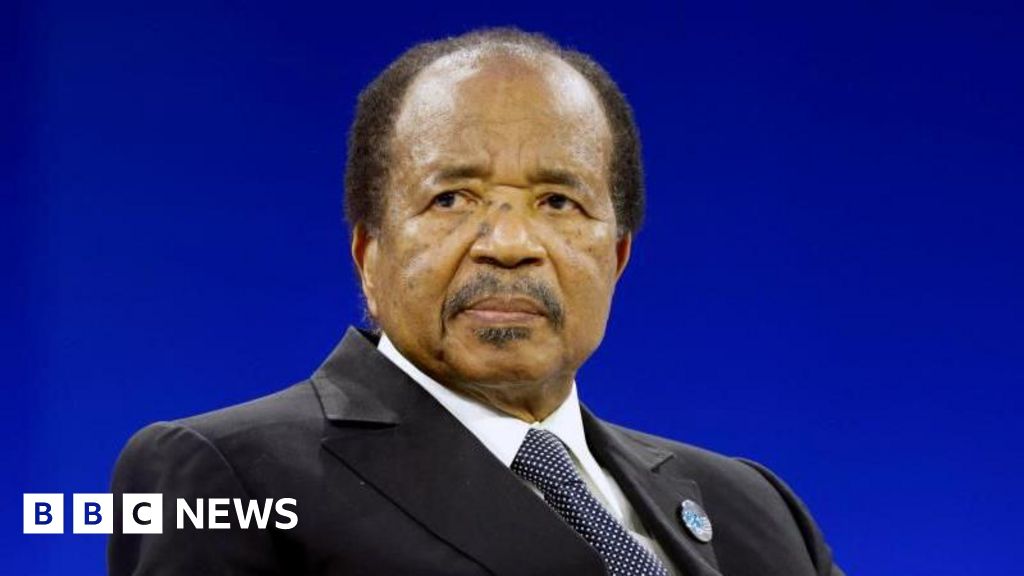
His regime has shown itself sporadically willing to crack down on protest or detain more vocal critics. But that is not the only or perhaps even the most important factor that has kept him in power. For it has to be said that Biya has also fulfilled a distinctive political role. He has acted as a balancing figure in what is a complex country, marked by large social, regional and linguistic differences - between, for example, the equatorial south and the savannah north, or the majority of regions that are French-speaking and the English-speaking North-West and South-West, with their different educational and institutional traditions. In a state whose early post-independence years were marked by debates over federalism and tensions over the form that national unity should take, he has assembled governments that include representatives of a wide range of backgrounds. Albeit sometimes under pressure from the International Monetary Fund (IMF) and international creditors, his administrations have averted debt disaster and, in recent years, gradually consolidated national finances. Moreover, the past decade or so has seen Biya appear increasingly almost like a constitutional monarch, a symbolic figure who may decide a few key issues but leaves others to set the course on most policy areas. And his continuation in this role has been facilitated by the competitive rivalries between senior figures in the ruling Cameroon People's Democratic Movement (CPDM). While he is there, the succession does not have to be decided. However, with no designated or preferred political heir apparent, and with some one-time "next generation" CPDM figures themselves now getting on in years, Biya's perpetuation in office has fuelled a constantly turning rumour mill about the succession. Increasingly, the name of his son Franck has been cited, even though he shows little interest in politics or government. Meanwhile, there is no shortage of either development or security challenges for the president despite Cameroon's rich natural resource diversity. Is it possible that today we are seeing a decisive erosion in popular tolerance of Biya's self-effacing version of semi-authoritarian rule? Are Cameroonians tiring of a system that offers them multi-party electoral expression but little hope of actually changing their rulers? Has the bloody crisis in the English-speaking regions exposed the limits of the president's cautious and distant approach? When protests demanding reform first erupted there in 2016 Biya was slow to respond. By the time he did offer meaningful change and a national dialogue, the momentum of violence had accelerated, eroding the space for real compromise. Meanwhile, so low-key in style, he has failed to really sell an economic and social development vision for Cameroon or instil a sense of progress towards a goal.
